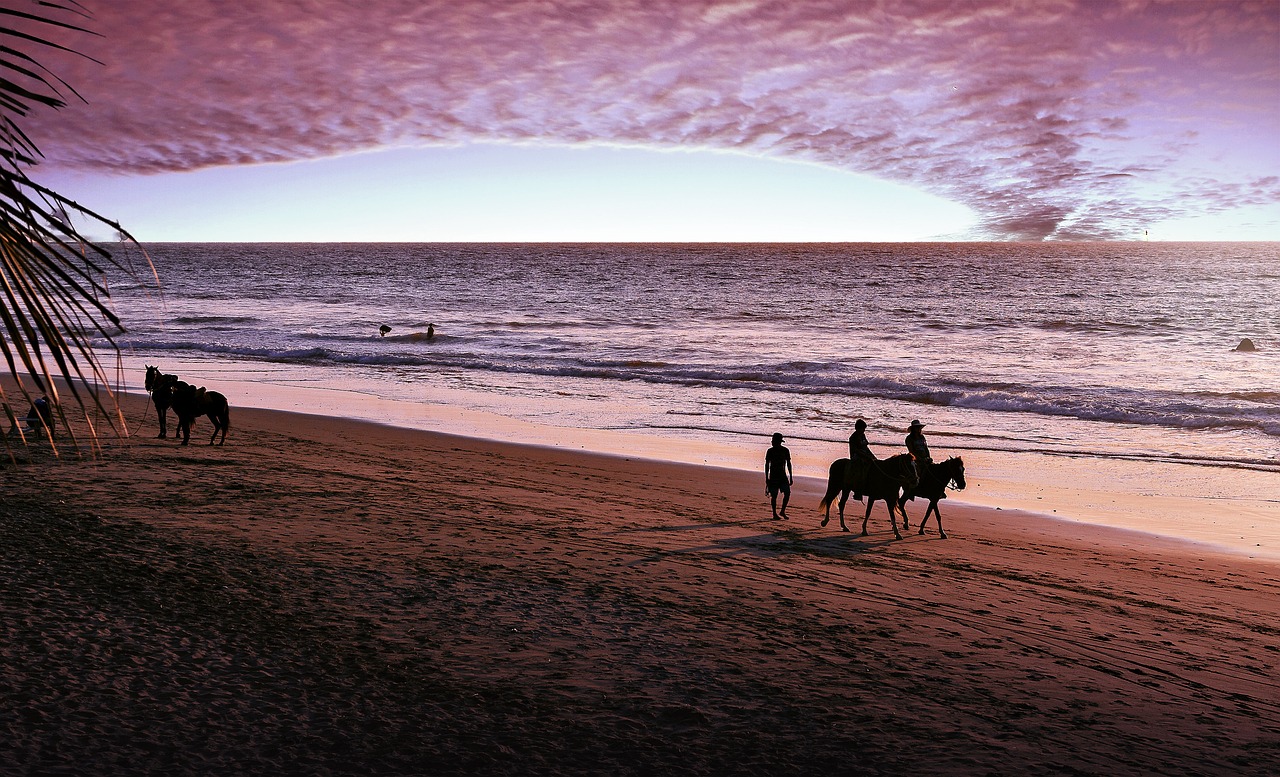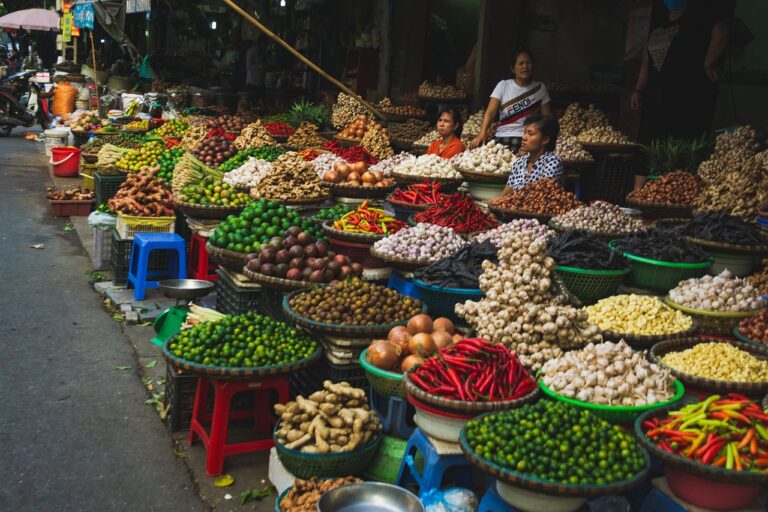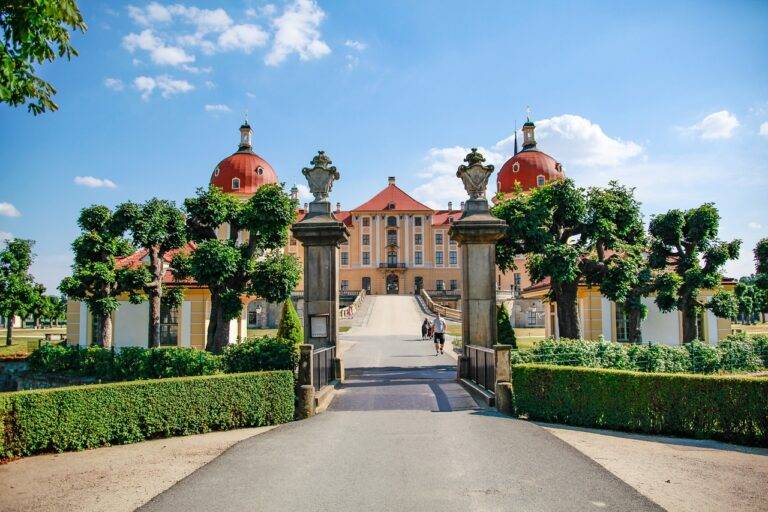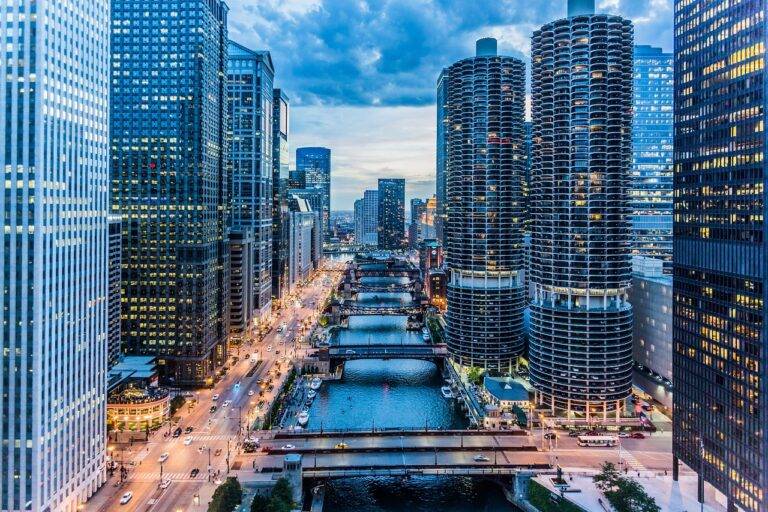Travel and Traditional Festivals and Ceremonies
The vibrant colors, traditional dances, and delicious foods at the Rio Carnival in Brazil attract millions of visitors each year. With samba music filling the streets and elaborate parades showcasing intricate costumes, this festival is a celebration of joy and unity that captures the essence of Brazilian culture. The sheer scale of the event, with participants from all walks of life coming together to revel in the festivities, makes it a testament to the unifying power of cultural celebrations.
In Japan, the Cherry Blossom Festival, known as Hanami, is a time-honored tradition that marks the arrival of spring. Locals and tourists alike gather under the blooming cherry blossom trees to admire the beauty of the delicate pink flowers. The serene atmosphere, enhanced by the soft petals floating in the breeze, creates a sense of tranquility and appreciation for nature’s fleeting beauty. Participants often indulge in picnics and traditional tea ceremonies, making it a time of reflection and renewal.
Cultural Celebrations
Celebrating diverse cultures through various festivals and events is a vibrant and essential part of societies worldwide. These cultural celebrations often showcase traditional practices, music, dance, art, and cuisine unique to a particular community or region. They provide an opportunity for people to come together and honor their heritage while sharing it with others.
Participating in cultural celebrations allows individuals to deepen their understanding and appreciation of different ways of life. By immersing themselves in the customs and rituals of a specific culture, attendees have the chance to broaden their perspectives and foster connections with people from diverse backgrounds. These events create a sense of unity and pride among community members, fostering a spirit of inclusivity and mutual respect.
What are some popular festivals celebrated around the world?
Some popular festivals celebrated around the world include Diwali in India, Carnival in Brazil, Chinese New Year, Mardi Gras in New Orleans, and Oktoberfest in Germany.
Why are cultural celebrations important?
Cultural celebrations are important as they help preserve traditions, promote diversity, and bring communities together to celebrate their heritage and identity.
How do people typically celebrate cultural festivals?
People celebrate cultural festivals by engaging in traditional rituals, dressing in cultural attire, enjoying festive foods, participating in parades or performances, and coming together with family and friends to celebrate.
What is the significance of cultural celebrations?
Cultural celebrations help people connect with their roots, pass down traditions to future generations, foster a sense of belonging and pride, and promote cultural understanding and appreciation.
How can I learn more about different cultural celebrations?
You can learn more about different cultural celebrations by attending festivals, visiting cultural centers or museums, reading books or articles, watching documentaries, or connecting with people from different cultural backgrounds.





